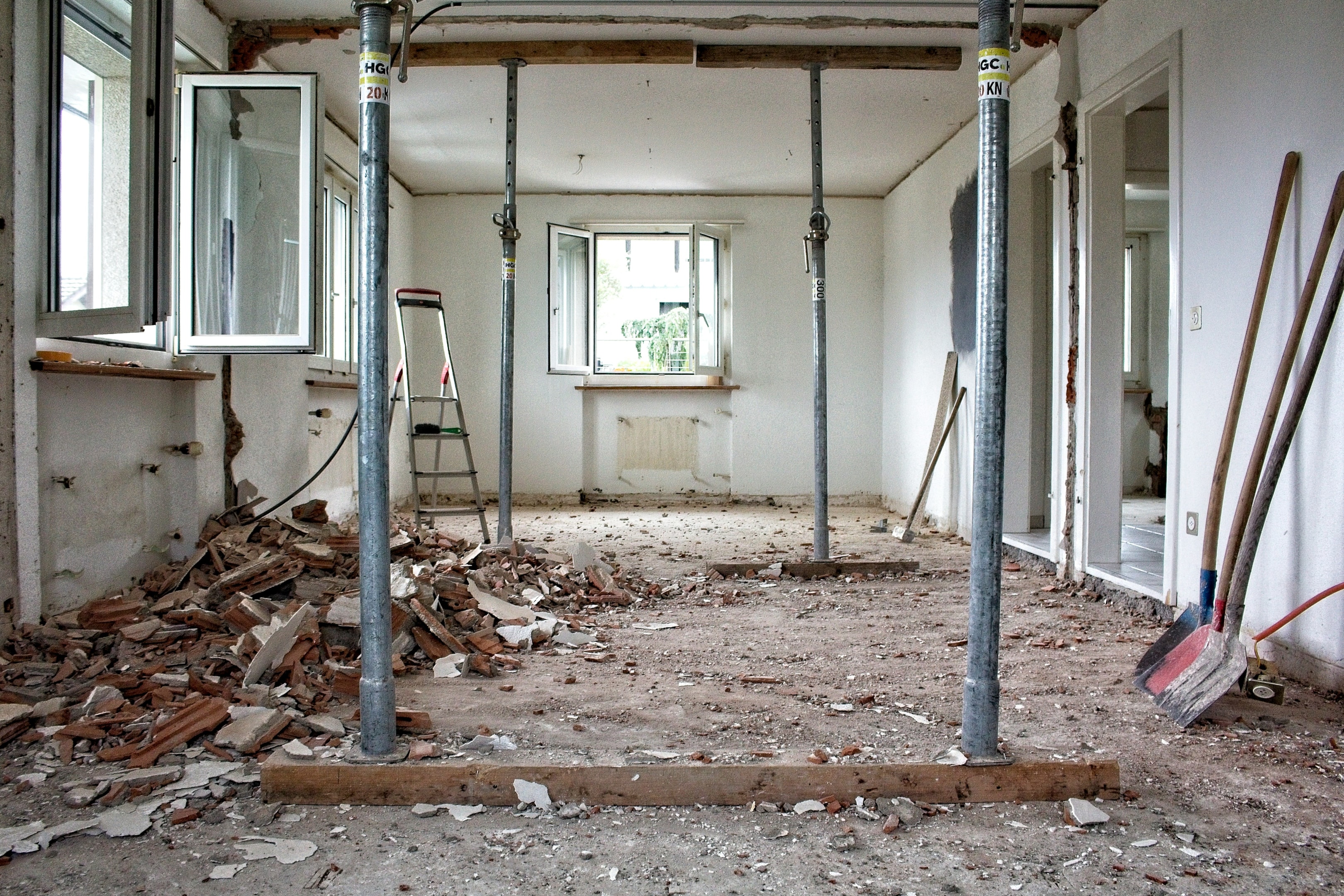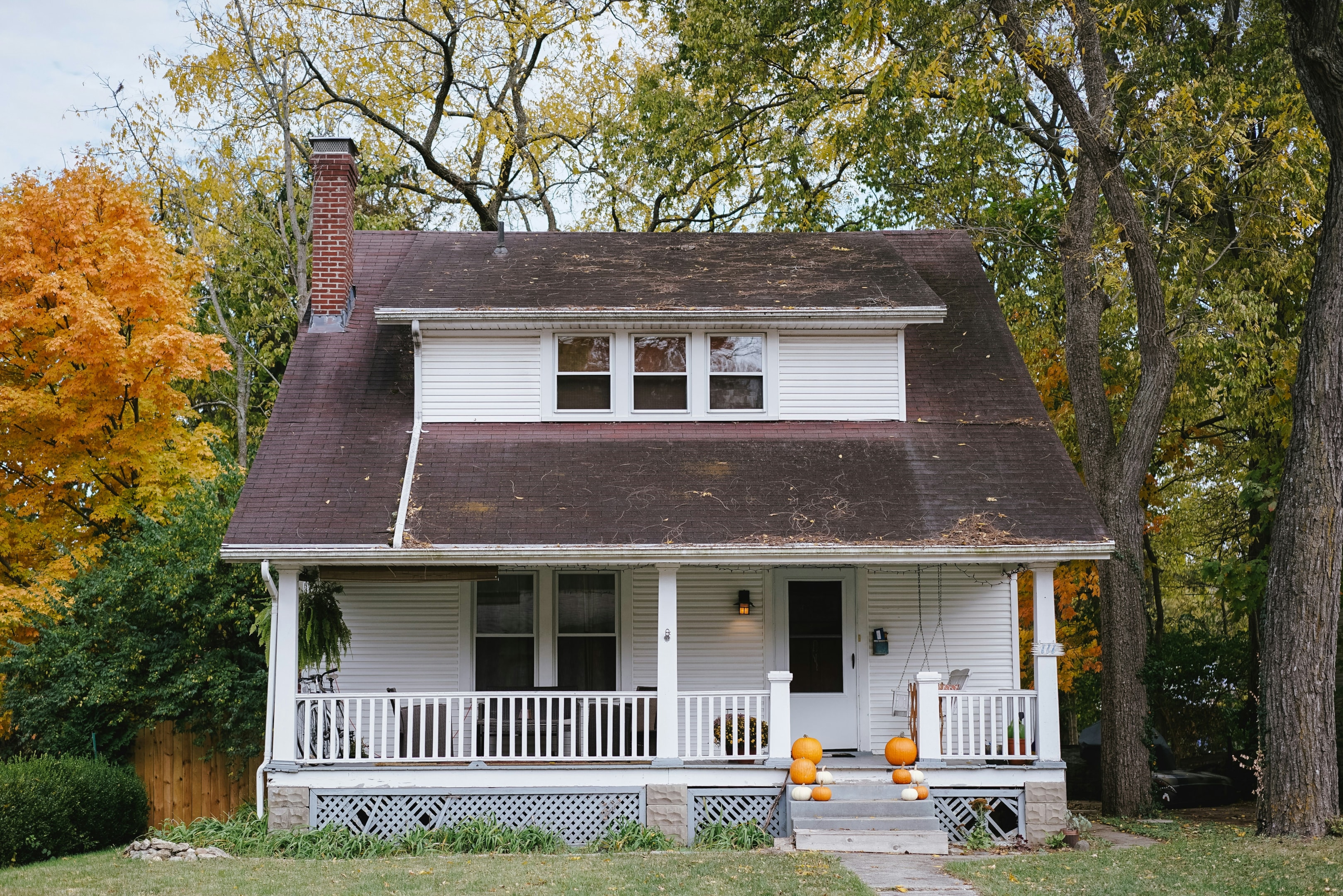How to Estimate Property Value: A Complete Guide for Homeowners and Real Estate Investors
Introduction
If you've ever wondered, "What is my house really worth?" you're not alone. Whether you're a homeowner considering selling, a real estate investor hunting for the next deal, or simply curious about your equity, knowing how to estimate property value is a critical skill. A home's value impacts buying decisions, refinancing opportunities, taxes, and investment strategies.

What Is Property Value?
Property value is the monetary worth of real estate, but the number changes depending on who's asking:
Market Value: The price a willing buyer will pay in today's market.
Appraised Value: The figure determined by a licensed appraiser, often required for mortgages.
Assessed Value: The value assigned by local governments for tax purposes, usually lower than market value.
Each of these values is an estimated figure based on specific criteria and current market data. A property value estimate is the process of determining the likely selling price or market value of a property, taking into account current market conditions and comparable properties. Understanding these differences prevents confusion when comparing numbers.
Core Factors That Determine Property Value
A property's worth isn't random—it's shaped by measurable factors such as location, size and layout, condition, comparable sales, and market trends. Being near good schools, jobs, and shopping often raises value, while larger homes with functional layouts command higher prices. Well-maintained homes fetch more than those needing work, and recent sales of similar homes set the baseline for valuation. Additionally, supply, demand, and interest rates influence overall prices. These factors, along with unique property features or market anomalies, all play a role in determining property values. To learn more about determining this value, read Property Valuation: The Complete Investor's Guide to Understanding Real Estate Value.
The Three Main Approaches to Property Valuation
Sales Comparison Approach – The most common, based on comps.
Cost Approach – Calculates the property value by adding the estimated value of the land to the cost of replacing the structure, then subtracting depreciation. This method is often used when comparable sales are limited.
Income Capitalization Approach – Used for rentals and commercial real estate, where the property value is calculated by dividing the net operating income by the capitalization rate.
These methods can produce different valuations depending on the property type and market conditions.
The Power of Comparable Sales (Comps)
Think of comps as "real estate DNA" because they reveal what buyers actually paid for similar properties, with the sale price providing the most accurate reflection of current market value. When finding comps, it's important to look at sales within the last 3 to 6 months in the same neighborhood to ensure the price reflects the current market. Adjustments should be made to account for differences such as square footage or upgrades, but avoid comparing properties across different school districts or using outdated sales, as these can lead to inaccurate valuations.

Online Valuation Tools: Helpful or Misleading?
Online tools and home value estimators, such as Zillow's Zestimate and Redfin Estimate, are widely used to estimate home and house worth by relying on algorithms called Automated Valuation Models (AVMs) that provide a quick, informal online estimate of your property's value. While these tools are quick, free, and accessible, they often have outdated data, miss local nuances, and don't account for the property's condition, so they should be used as a starting point and supplemented with professional advice for a more accurate picture of your house worth.
Real Estate Agent Comparative Market Analysis (CMA)
Agents perform CMAs to price homes competitively. These analyses are conducted by trained professionals who understand the nuances of the local market. Many local real estate agents offer this service for little or no cost to attract potential clients. They consider sold, pending, and active listings, local buyer demand and absorption rates, as well as specific property features. This comprehensive approach makes CMAs especially useful in fast-moving or unique markets.
Professional Appraisals: The Gold Standard
If you're refinancing, selling, or buying with financing, you'll likely need an appraisal, as banks typically require one to approve a mortgage or refinancing. The cost of an appraisal averages between $300 and $600. During the process, the appraiser inspects the property, reviews comparable sales, and applies industry standards to determine an estimated value. This appraisal is unbiased, detailed, and widely accepted as a reliable valuation method.
Valuation Methods for Investors
Investors often look beyond comps:
Gross Rent Multiplier (GRM): Property price ÷ annual rent.
Cap Rate: Net operating income (NOI) ÷ property price. Net operating income is calculated by subtracting operating expenses from gross income. Cap rates are derived from market data and reflect the level of risk—higher cap rates indicate more risk and typically result in a lower property value.
Discounted Cash Flow (DCF): Projecting income over time with future value adjustments.
Cash-on-Cash Return: Annual cash flow ÷ initial cash investment.
Understanding the purchase price and the price at which a property was purchased is crucial for evaluating investment returns. These valuation methods help investors estimate the current market value of a property. These formulas reveal whether a property meets financial goals.

Fix-and-Flip Valuation Strategies
Flippers live and die by After Repair Value (ARV).
Step 1: Estimate ARV as the estimated value based on comps of renovated homes.
Step 2: Deduct renovation costs and holding expenses.
Step 3: Apply the 70% Rule (don't pay more than 70% of ARV minus repairs).
The final sale price after renovations will determine your actual return on investment.
Valuing Commercial Real Estate
Valuing commercial real estate property is a specialized process that goes beyond simply looking at recent sales. The market value of a commercial property depends on factors such as location, current condition, and—most importantly—its income-generating potential. Real estate professionals use several methods to estimate the fair market value of commercial real estate, tailored to different property types and market conditions. The income approach is commonly used, calculating value based on net operating income (NOI) divided by a capitalization rate (cap rate) reflecting current market trends and risk; higher NOI and favorable cap rates increase value. The sales comparison approach compares similar commercial properties recently sold in the same market, adjusting for differences in size, location, and features. The cost approach estimates the replacement cost minus depreciation, useful for newer or unique properties with limited comps. Ultimately, determining a commercial property's market value requires understanding local market conditions and property specifics, with appraisers and agents analyzing data and features to provide reliable valuations that help buyers, sellers, and investors make informed decisions and negotiate confidently.
Condition, Upgrades, and Renovations
Not all upgrades are equal: Strategic upgrades can significantly increase your home's value and home equity, making them essential for financial planning.
High ROI Upgrades: Kitchens, bathrooms, and curb appeal improvements can greatly boost your home's marketability and financial worth, directly impacting your home's value and equity.
Neutral ROI Upgrades: Luxury finishes that don't match the neighborhood may not add much to your home value or home equity.
Maintenance Essentials: Roofs, HVAC, plumbing—necessary to preserve your home's value and maintain or improve home equity.
Understanding which improvements add the most to your home's value is essential for maximizing both home value and equity.
Increasing Your Property Value: Proven Strategies
Boosting the market value of your commercial property doesn't have to be a guessing game. Proven strategies for real estate investors and property owners include targeted home improvements and regular maintenance, such as modernizing common areas, enhancing energy efficiency, and updating building systems to significantly improve property appeal. Enhancing curb appeal with landscaping, fresh paint, or updated signage can attract more interest and higher offers. Adding amenities like secure parking, advanced security systems, or inviting outdoor spaces sets your commercial property apart from comparable properties, justifying higher rents and improving occupancy rates. Staying on top of repairs and preventative maintenance preserves value and helps avoid costly issues, with well-maintained properties typically commanding higher prices and selling faster in competitive markets. Consulting with local real estate agents or professionals who understand market nuances can provide valuable insights into current market conditions, recent sales of comparable properties, and upgrades that yield the best return on investment. Leveraging their expertise helps determine the most effective strategies to increase your property's value and position it for success, whether you're preparing to sell, refinance, or maximize your investment in today's real estate landscape.
Local Market Dynamics and Economic Influences
The property's surroundings often matter more than the property itself. Key drivers of price changes include market supply and demand, where limited supply combined with strong demand tends to push prices higher, causing fluctuations in real estate property values and home values. Interest rates also play a significant role, as higher rates tend to cool demand, while demographics such as migration patterns and job market shifts influence property demand as well.
Special Situations That Affect Property Value
Foreclosures: Properties purchased in foreclosure situations often have values below market norms due to distress. To learn more about this process and how it relates to investing, check out Foreclosure Leads: Your Guide to Finding Profitable Opportunities.
Probate Homes: Homes purchased through probate can have values lower than typical market rates because of the urgency to sell. This niche in real estate can lead to very high profits, see Probate Leads Made Simple: How to Get Started in 2026.
Commercial/Mixed-Use: Valued differently than residential, with values influenced by unique appraisal techniques and market demand factors.

Mistakes to Avoid When Estimating Property Value
Common mistakes when estimating property value include relying on only one valuation method, which can be misleading since different approaches may yield varying results based on market data and comparable properties; overpricing due to emotional attachment; ignoring hidden repair costs; and failing to consider future market cycles. It's important to evaluate various scenarios and market conditions to gain a more comprehensive understanding of potential outcomes and make informed decisions.
DIY Valuation vs. Professional Help
DIY: Great for curiosity, initial research, or investors screening deals. Online tools can be a useful starting point for estimating property value.
Professional: Best when making high-stakes decisions. Consulting trained professionals ensures an accurate property valuation and informed real estate choices.
Hybrid: Start with DIY, including online tools, and verify with experts or trained professionals.
Step-by-Step Checklist to Estimate Property Value
Research recent comps, including reviewing the price at which similar properties were purchased.
Use at least two online valuation tools.
Adjust for size, condition, and upgrades, and calculate the adjusted value based on these factors.
Factor in current market conditions.
If the property is being financed, consider the impact of monthly payments.
Consult a realtor or appraiser for accuracy.

Conclusion
Estimating property value is both an art and a science. While data provides a solid baseline, experience and local market knowledge are essential to fill in the gaps and interpret the numbers accurately. Whether you're selling your home, refinancing, flipping properties, or analyzing investment opportunities, having a strong grasp of various valuation techniques will empower you to make smarter, more profitable decisions. Understanding how factors like market trends, comparable properties, and property condition influence value can help you better navigate negotiations and optimize your financial outcomes.